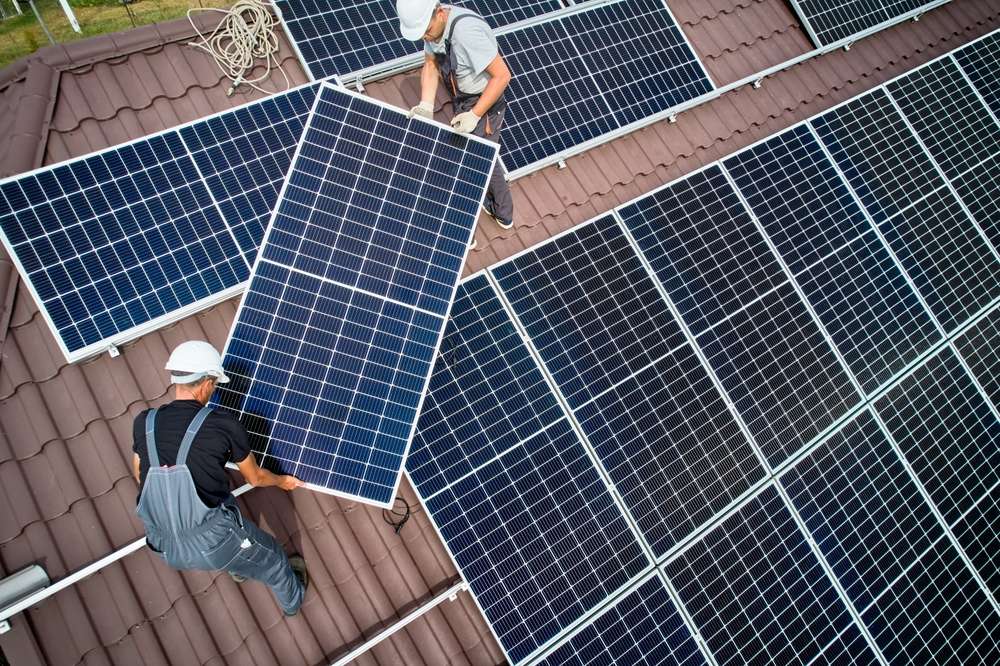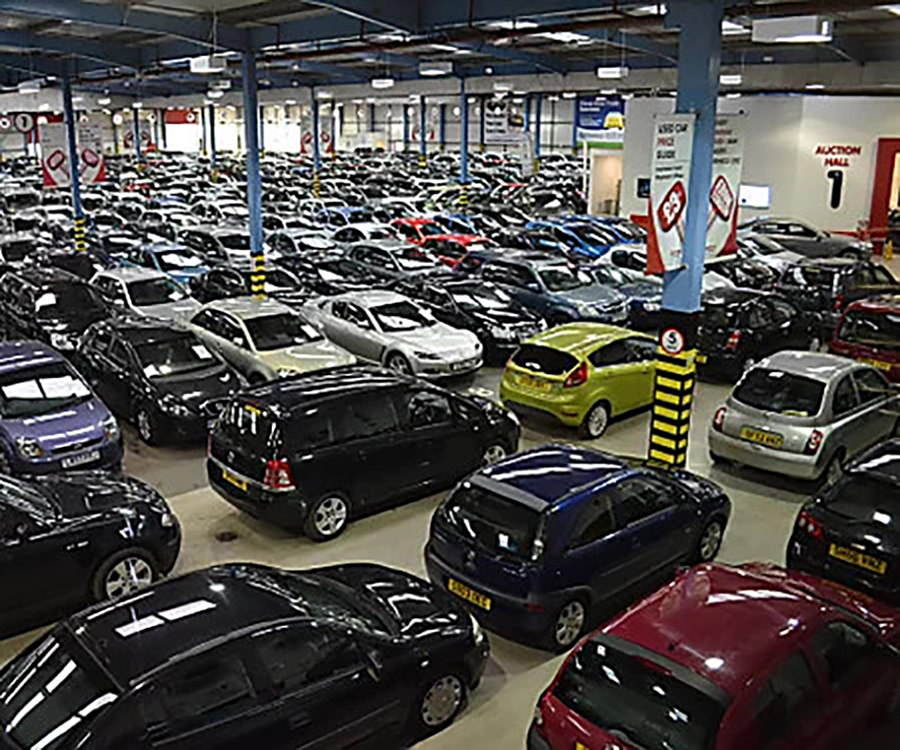Understanding Solar Roof Solutions and UK Government Grants
Solar roofs represent a significant advancement in renewable energy technology for homeowners across the UK. Unlike traditional solar panels that mount on existing roofing, solar roofs integrate photovoltaic cells directly into roofing materials, offering both aesthetic appeal and functional energy generation. As energy costs continue to rise and climate concerns grow, solar roof technology has become increasingly attractive for UK homeowners seeking long-term energy solutions while potentially benefiting from various government incentives and grants.

UK Solar Grants Eligibility Requirements
The UK government offers several schemes to help homeowners invest in solar technology. Eligibility for these grants typically depends on various factors including property type, location, and household income. The Energy Company Obligation (ECO4) scheme primarily targets households in fuel poverty or with lower incomes. To qualify, you generally need to receive certain benefits such as Universal Credit, Pension Credit, or Child Tax Credits. Additionally, your property must typically have an Energy Performance Certificate (EPC) rating of D or below, indicating room for energy efficiency improvements.
The Smart Export Guarantee (SEG) represents another opportunity, requiring homeowners to have MCS-certified solar installations and a smart meter to track excess energy exported to the grid. While not strictly a grant, this scheme ensures payment for surplus electricity generated by your solar roof.
Eco4 Scheme Solar Panels and Solar Roof Integration
The ECO4 scheme, running until March 2026, builds upon previous initiatives by focusing on delivering improvements to homes with poor energy efficiency. While traditional solar panels are more commonly covered under ECO4, solar roof solutions may qualify depending on specific circumstances. The scheme primarily targets low-income households and vulnerable residents, aiming to upgrade properties to at least EPC band D, with an ultimate goal of achieving band C where feasible.
Solar roof technology under ECO4 works alongside other energy-efficiency measures like insulation and heating system upgrades to create comprehensive home energy improvements. Installation through this scheme typically involves an initial property assessment, recommendation of appropriate measures, and professional installation carried out by approved contractors. The entire process is designed to minimize upfront costs for qualifying households while maximizing energy efficiency benefits.
Energy Bills Reduction UK: Real Impact of Solar Roofs
Solar roofs can significantly reduce household energy bills through multiple mechanisms. Most directly, they generate electricity that offsets grid consumption—the average UK home with a properly sized solar roof system can reduce electricity bills by 50-70% annually. This saving becomes increasingly valuable as conventional energy prices continue to rise.
Beyond immediate consumption reduction, solar roofs can provide additional financial benefits through export tariffs. Under the Smart Export Guarantee, energy suppliers pay homeowners for surplus electricity fed back to the grid. While these rates vary between suppliers, they typically range from 3-7p per kWh, creating a secondary income stream from your installation.
Long-term financial benefits extend beyond direct savings. Properties with solar installations typically command higher market values—research suggests increases of 4-6% compared to similar properties without solar technology. Additionally, solar roofs offer protection against future energy price volatility, providing predictable energy costs for decades, with most systems designed to operate effectively for 25+ years.
How to Claim Government Solar Panel Grants
Securing government funding for solar installations involves a straightforward process, though requirements vary by scheme. For ECO4 support, begin by checking your eligibility through the government’s Simple Energy Advice service or by contacting approved ECO4 suppliers directly. If eligible, an assessor will evaluate your property to determine appropriate energy efficiency measures, potentially including solar technology.
For local authority grants through initiatives like the Home Upgrade Grant (HUG) or Local Authority Delivery (LAD) schemes, contact your local council’s housing or environmental department. These programs often target specific areas and demographics with dedicated funding for renewable energy solutions.
The application process typically involves providing proof of benefits receipt, property ownership or landlord permission, and current energy efficiency status. Working with certified installers is crucial, as installation must meet Microgeneration Certification Scheme (MCS) standards to qualify for most government incentives. Many approved installers can handle paperwork and applications on your behalf, simplifying the claiming process.
Solar Installation Funding UK: Options Beyond Government Schemes
Beyond government grants, UK homeowners can access various financing options for solar roof installations. Green mortgages from lenders like Nationwide and NatWest offer preferential rates for energy-efficient homes or improvements, including solar installations. These products typically feature lower interest rates or increased borrowing capacity specifically for eco-friendly home enhancements.
Interest-free loans and specialized solar financing have become increasingly popular. For example, the Scotland-specific Home Energy Scotland loan program offers interest-free borrowing up to £17,500 for renewable energy projects including solar. Throughout the UK, specialized solar finance companies provide tailored payment plans with fixed monthly payments, sometimes structured to match the expected energy savings.
Solar leasing and power purchase agreements (PPAs) present alternative approaches where companies install solar systems on your property at minimal upfront cost, while you purchase the generated electricity at rates typically lower than standard utility charges. Community energy schemes allow groups of residents to jointly invest in renewable energy projects, potentially reducing individual costs while creating local energy independence.
Solar Roof Pricing and Provider Comparison
Solar roof installations represent a significant investment with substantial variation in pricing based on system size, property characteristics, and chosen technology. Understanding the market options can help homeowners make informed decisions about this long-term investment.
| Provider | System Type | Approximate Cost (3-bed house) | Warranty Period | Key Features |
|---|---|---|---|---|
| Tesla | Solar Roof | £35,000-£45,000 | 25 years | Integrated design, app monitoring, optional battery storage |
| GB-Sol | Solar Slate | £16,000-£25,000 | 20 years | Heritage-friendly design, UK manufactured |
| Marley | SolarTile | £14,000-£20,000 | 15-20 years | Integrates with existing Marley roofing, quick installation |
| SolarCentury | Sunstation | £12,000-£18,000 | 20 years | Low-profile design, compatible with multiple roof types |
| Viridian Solar | Clearline Fusion | £10,000-£16,000 | 25 years | Rapid installation, aesthetically pleasing design |
Prices, rates, or cost estimates mentioned in this article are based on the latest available information but may change over time. Independent research is advised before making financial decisions.
The Future of Solar Roofs in the UK
The solar roof market continues to evolve rapidly with technological advancements improving efficiency while gradually reducing costs. Recent innovations include more aesthetically pleasing designs, improved durability, and enhanced energy conversion efficiency. As traditional energy costs rise and climate objectives become more urgent, solar roofs are positioned to become increasingly mainstream in UK housing.
Government policy will likely continue supporting this transition through evolving grant schemes and incentives aligned with net-zero carbon targets. Increasingly stringent building regulations may eventually mandate renewable energy solutions for new constructions, further normalizing solar technology. For existing homeowners, solar roofs represent not just an environmental choice, but increasingly a practical financial decision with compelling long-term benefits.




